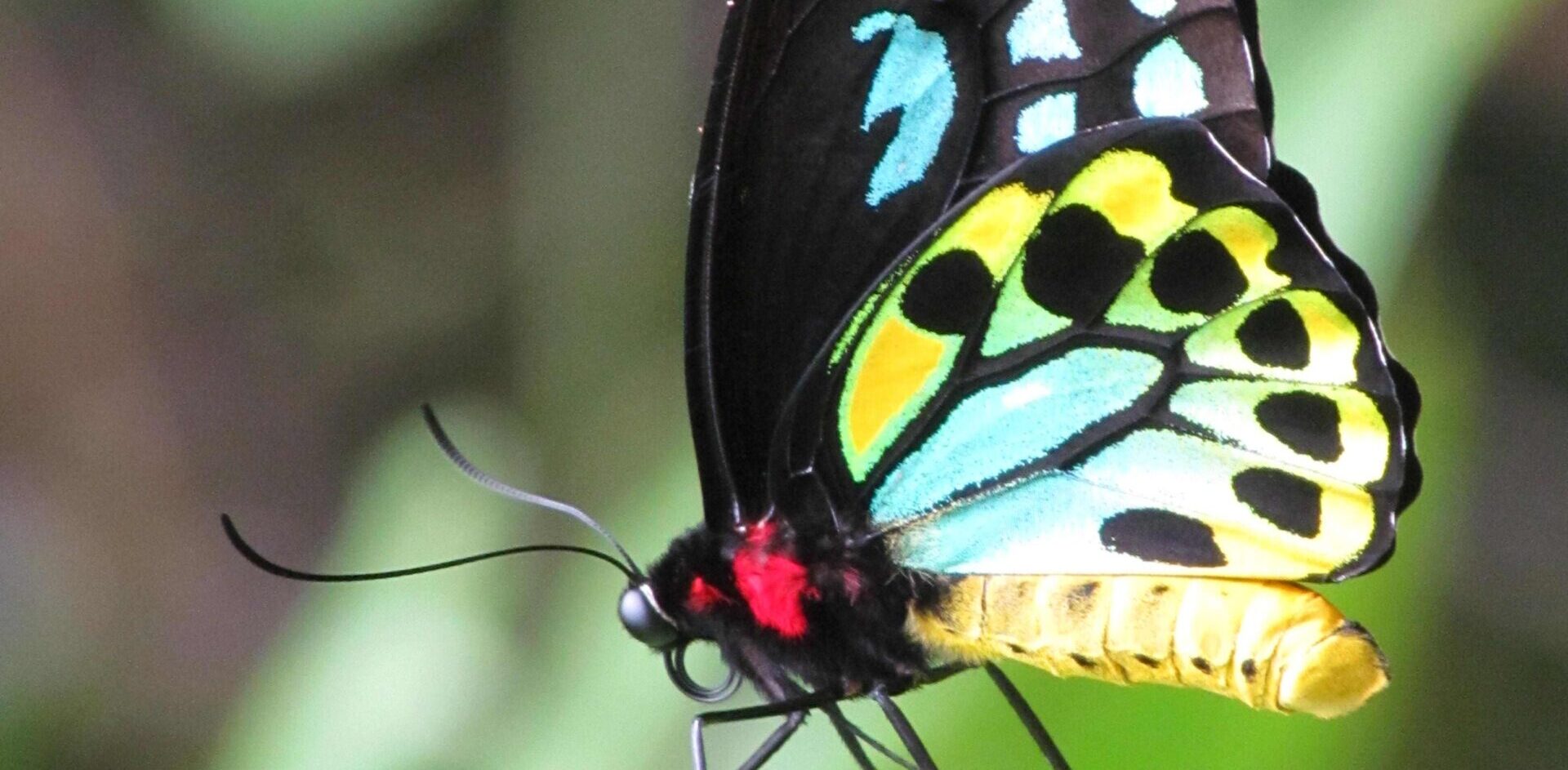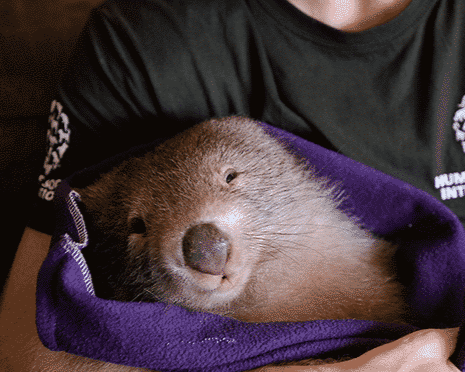The Newsletter of Humane World for Animals' Wildlife Land Trust • Issue 30 • 2025 Read More
Back in March we spoke with Laurelle Usher about some of the health benefits of reducing your consumption of meat. This week, we are discussing another significant perk of meat reduction – environmental sustainability.
The impact of food production on the health of our environment is severe. Food production involves extensive land clearing, heightened production of greenhouse gases, increased water use and diversion, and altered levels of nitrogen or phosphorous in the soil from fertilisers.
Animal agriculture has the largest impact of all agricultural sectors – it is incredibly resource intensive, and results in high greenhouse gas emissions. In Australia, livestock emissions account for about 70% of greenhouse gas emissions by the agricultural sector and 11% of total national greenhouse gas emissions, making it the third highest contributor to our national greenhouse gas emissions.
Recently, there have been several global scientific studies into the impact of animal agriculture on the environment. These studies have affirmed several key findings:
- At current levels of meat production and consumption, it will be impossible to feed the worlds population in a matter of decades.
- In order to halve emissions from livestock, the average human would need to eat 75% less beef, 90% less pork and half the number of eggs. Of course this depends on the country, and in wealthy nations such as ours the reduction in meat consumption would need to be as high as 90% to result in the required reduction in greenhouse gas emissions.
- The calories provided by meat and dairy production are incredibly low (~18%) in proportion to the percentage of farmland used to produce them (~83%).
- Land loss to agriculture is one of the leading causes of biodiversity extinction. One study theorised that supposing the complete the removal of meat and dairy production, land used for farming could be reduced by 75%, and the remaining land could sustain the global population. This demonstrates the inefficiency of dedicating so much land to animal agriculture, when significantly smaller amounts of land can produce just as much plant-based food with fewer resources.
The way we choose to feed our populations can have severe and long-lasting environmental impacts, and a shift toward more efficient, less resource intensive food production methods are necessary to effectively protect our threatened natural biodiversity and reduce the threats of human caused climate change.
While all this might sound scary, the takeaway is positive – by the simple act of consciously eating less meat in your week you are reducing the impact of your diet on our planet. This is something that you, as an individual, can undertake to play your part in ensuring a sustainable planet for humans and animals alike. While reducing your consumption of animal products is not the only way you can mitigate your climate and environment impact, it is by far one of the highest impact ways to do your bit for our planet!
Resources:
J Poore, T Nemecek, ‘Reducing food’s environmental impacts through producers and consumers’ (2018) Science 360, 987-992
M Springman et al, ‘Options for keeping the food system within environmental limits’ (2018) Nature 562, 519-525
No Meat Monday recipe
We have this delicious Rainbow Veggie Tart from Tasty to share with you. If you would prefer an animal product free version then swap the ricotta for silken tofu and the parmesan for nutritional yeast!
Rhiannon Cunningham is a Campaigner for Humane Society International and has been with the organisation since 2015. She is admitted to the Supreme Court of NSW as a solicitor and has a Masters in Environmental Law from The Australian National University. Currently, she is in her final year of a Graduate Diploma in Environmental Science, with a focus on conservation and sustainability. Her work with HSI is primarily focused on environmental policy, native wildlife protection, and animal welfare laws.


